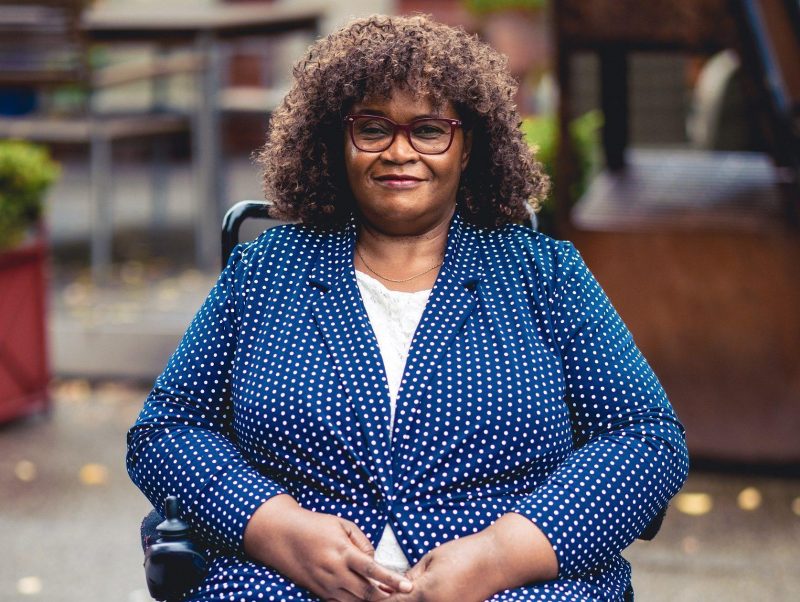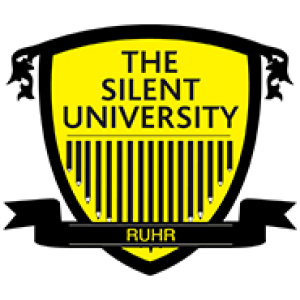Critical Whiteness: Power, Privilege & Responsibility
Elizabeth Horlemann
This workshop examines racism as a structural system rooted in colonialism and capitalism, highlighting how whiteness functions as a social norm. Participants will reflect on their roles in power structures, identify discrimination in different contexts, and develop strategies for anti-racist, power-aware action. The focus is on responsibility and empowerment rather than guilt.
Racism is structural, not only personal. This interactive workshop reveals how whiteness shapes society, opportunities, and inequality. We’ll reflect on power dynamics, recognise discrimination, and explore practical steps for anti-racist action.
Goal: awareness, responsibility, and real change.
This workshop explores racism as a structural system rooted in colonialism, slavery, and capitalism, emphasising that “race” is a social construct whose hierarchies still shape access to opportunities and social interactions. Participants critically examine whiteness as a social norm, focusing on responsibility and agency rather than guilt. The workshop aims to:
- Explain the history and ongoing influence of whiteness.
- Encourage reflection on personal and collective roles in power structures.
- Reveal mechanisms of discrimination in various contexts.
- Develop strategies for anti-racist, power-sensitive action in daily life and work.
JOIN THE SILENT UNIVERSITY RUHR! BE PART OF A SAFE AND REFLECTIVE SPACE TO LEARN, TO SHARE, AND TO ACT FOR FAIRNESS AND JUSTICE!
Elizabeth Horlemann is a freelance trainer in intercultural communication, critical race theory and country analysis expert for South Africa, Namibia and East Africa. She specializes in providing training for businesses, NGOs, government agencies, and individuals who want to improve their soft skills in the areas of working across borders, whether in communication, foreign business and relocation, and especially in creating spaces where uncomfortable discussions about racism and white privilege are possible.
She studied business administration in Kenya and has lived in Germany since 4 Chancellors - in 1990. During the HIV/AIDS pandemic, she decided to move away from the administrative sector and initially train in the health sector. She built bridges between the majority population, health and social workers and HIV/AIDS infected people coming from Africa and living in North Rhine-Westphalia. She has been providing freelance training for over 15 years.

